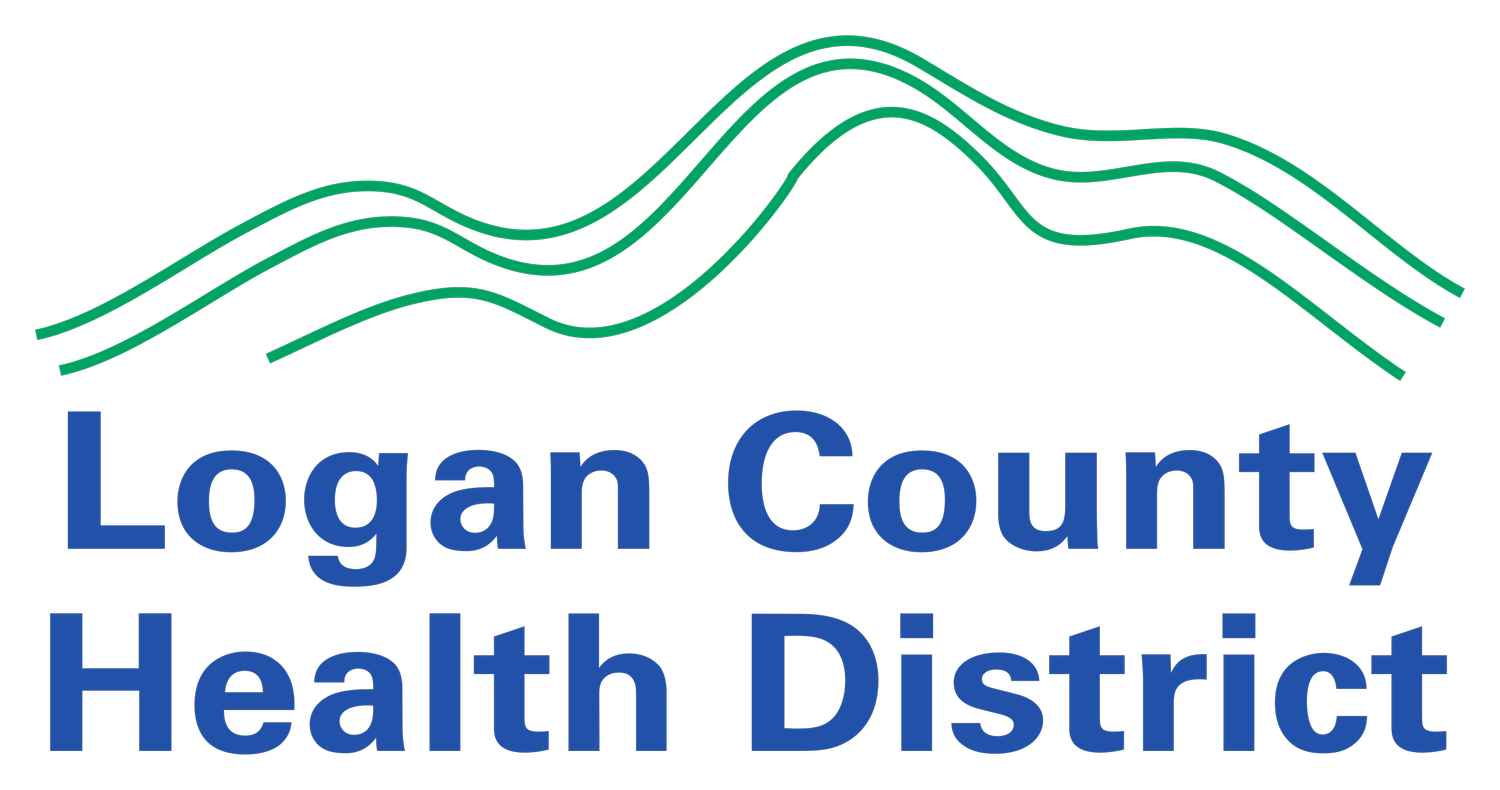Environmental Health Education Day
Today is environmental education day! The day aims to raise awareness about environmental issues, promote sustainable practices, and encourage individuals to act for the planet's well-being. The day has been celebrated since 1975. To celebrate and spread awareness about this day we sat down with Arie, one of our environmental health specialists and picked his brain a bit.
What does a typical day look like for an environmental health specialist?
Arie: “So, it does vary based upon the day, even the time of year. During the summer months, we’re doing a lot more with outdoor pools, RV parks, manufactured homes. All throughout the year we’re doing food inspections, landfills, all sorts of different inspections and reports. We answer questions the public might have, we’re inspecting wells and septic systems…obviously they may not all be in the same day, but that’s a broad overview of the things that could be coming on a normal day.”
What kind of hazards/risk do EHS look out for?
Arie: “Normally we’re looking for water pollution, so e. coli, a lot of solid waste-especially at the landfill, methane gas, leachate collections. A lot of pollutants and chemicals that may adversely affect the public or the environment.”
How does an environmental health specialist assess risks/hazards to the community?
Arie: “I think the biggest one would be the severity of the risk. Like, is there a gas leak at a pool that could kill people? Is the power out at a restaurant? Or does someone have trash collecting in the back that may only impact one person? So, it’s the severity and the number of people that could potentially be harmed by the hazard/risk.”
How does the EH division stay up to date on best practices & recommendations?
Arie: “We go to a lot of conferences. We’re required to have 24 hours of continuing education every 2 years, so we do a lot of conferences with other professionals in the field. The big one is keeping up with codes, being familiar with the ins and outs of reading code and following government websites.”
What motivated you to get into the field of EH?
Arie: “Well, I’m a local boy. I grew up in Logan County, I got my degree at University of Cincinnati, came home and the environmental tech position was open and I slowly worked my way up to an inspector- an environmental health specialist. I grew up here and always had a knack for helping any way I can.”
What has been your favorite thing about working in EH?
Arie: “Oh, getting out and meeting people and educating people. The flexibility here is awesome. You’re kinda your own boss in a way. You can set your schedule in terms of where you wanna inspect and how you set up your day; unless there’s an emergency, of course, that takes precedence.”
What has been the most challenging aspect of EH?
Arie: “Juggling all the responsibilities. I came in pretty much at the start of COVID, so just being able to prioritize certain things and not- I guess- trying to fix the world in one day. It takes a village to fix problems, so mainly juggling all the different inspections; food, wells, septics, manufactured home inspections, RV parks, pools, all the food in the county- and that can be from the micro-market in a factory to the gigantic Wal-Marts that take 3-4 hours to go through and pick everything...so I would say that’s one of the biggest hurdles, making sure you structure your day to everything gets done, especially what’s mandated to get done.”
According to the BLS, the demand for environmental health specialists is expected to increase substantially over the next decade, with an anticipated 6,900 openings/year. With that in mind, what kind of advice would you give a student looking to get into the EH field?
Arie: “I would say to be patient, it’s a lot and there’s a lot to inspections and paperwork and questions. It can take a while to really grasp and have an idea of how everything flows, how to read code. I say empathy without limits is self-destruction, don’t try to fix the world in a day. You do have to think of your self-care and your capacity, so be patient. Talk to other professionals. Be open minded. It’s ok to make mistakes, I make mistakes all the time, just know how to fix them and correct it for next time.”
Environmental Health Staff Group Photo
Thanks again to Arie for sitting down with us and talking about his environmental health experience and the impact they have within the health district and the community!

